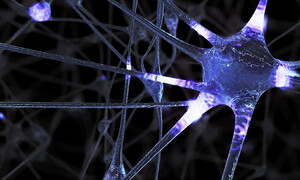Galloping Intelligence
02 September 2024

We often hear phrases like "as cunning as a fox," "wise as an owl," or "sly as a snake," but rarely "as intelligent as a horse." Why are these magnificent animals so often considered less intelligent than others? This misconception has recently been challenged by a study from Nottingham Trent University in London, which reveals that horses can learn and adapt to complex rules. In an experiment centered on a game of rewards and penalties, researchers discovered that horses could develop strategies to earn the rewards they desired. The speed with which they adjusted their behavior in response to a penalty surprised the researchers, showcasing a level of intelligence higher than previously believed. This study goes against the traditional view of horses as animals with little intelligence, only capable of impulsive reactions and limited learning ability. In fact, the research suggests that horses have strong emotional intelligence. This means they can understand the emotions of others, empathize with humans, and even sense emotions that people might not notice themselves. These findings have important implications for modern horse training methods. Since horses are very sensitive animals, gentle methods work better than those based on human dominance and force. This approach, known as "gentle training," relies on respect and nonverbal communication, precisely because horses can perceive human emotions and respond in a sensitive and intelligent way. Through this method, a deep, empathetic bond is created between the trainer and the horse—a bond that could be described as true friendship.



